Despite a recalcitrant professor and an incident with a raw egg, Camilla fell for Japan
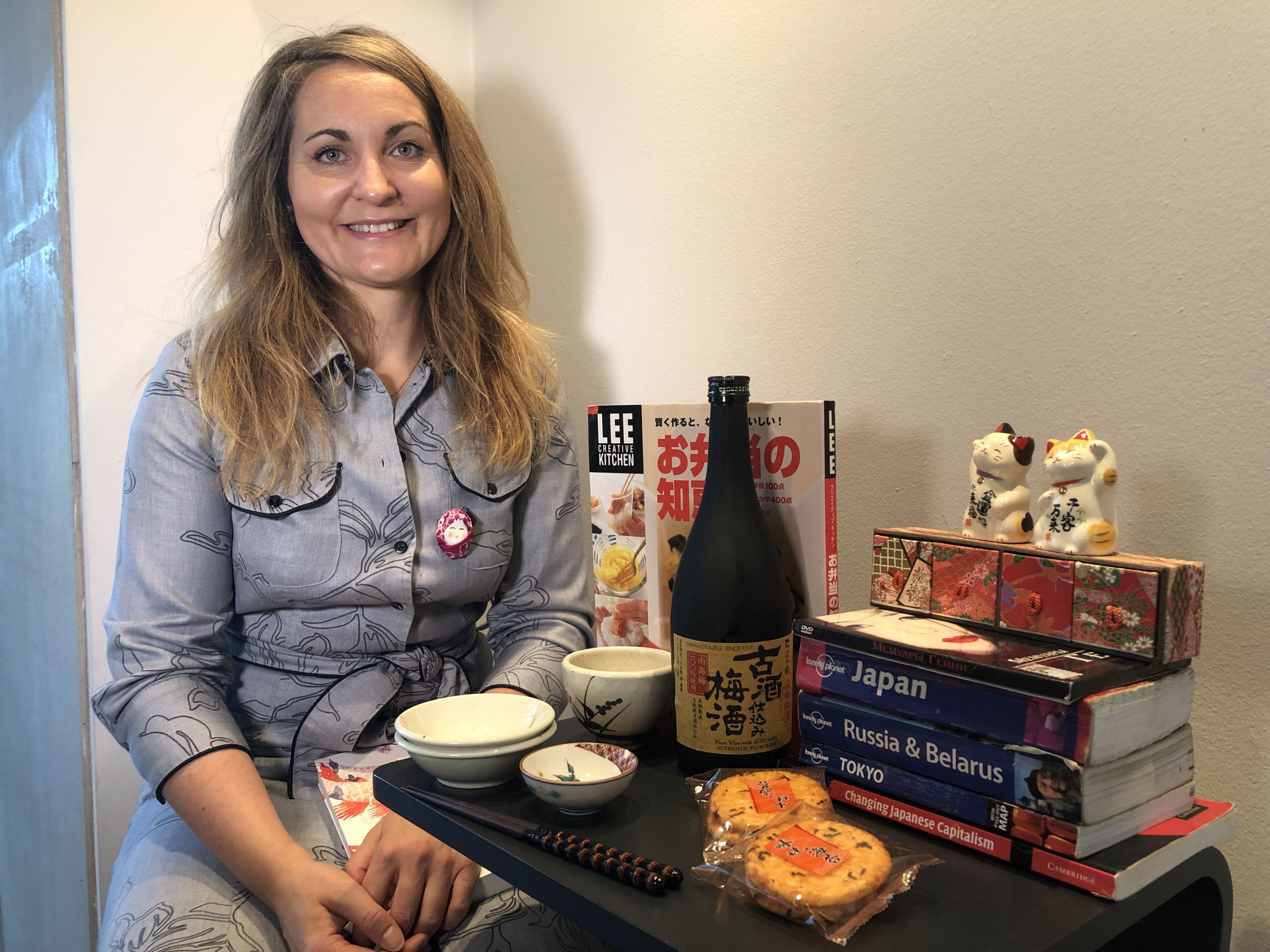
External Lecturer at CBS, Camilla Nellemann, has just released a novel about becoming integrated in Japan based on her own experiences from living in the country for five years in total. (Photo: Anne M. Lykkegaard)
Traditions, sayings and customs in a new country are not always easy to swallow. Camilla Nellemann, who is an external lecturer and a postdoc from CBS, knows that only too well after spending five years becoming integrated in Japan. In a new novel, she describes the clash of cultures she experienced and how perseverance was the key to winning over the country.
When Camilla Nellemann was 17 years old, she visited Japan for the first time in 1998. With help from a cassette tape, she had already taught herself a little Japanese and was proficient at eating with chopsticks too. But this did not prepare her for the “365 days of culture shock”, she was about to experience.
During the space of a one-year exchange program, she stayed with three different host families in a small town, but already during the first couple of weeks, she experienced the first culture clash between herself and the mother of the house.
“I was really sick, and my tonsils had swollen immensely. The mother of my host family offered me a raw egg to eat, as she explained it would be good for me. I only tasted it, but didn’t eat it, and that triggered a major conflict,” explains Camilla Nellemann, Project Consultant at MADE and External Lecturer at CBS, and continues:
“In Japan, it’s customary to do what the mother says, and you’re not supposed to think you know better or ask any questions. But I didn’t know that at the time.”
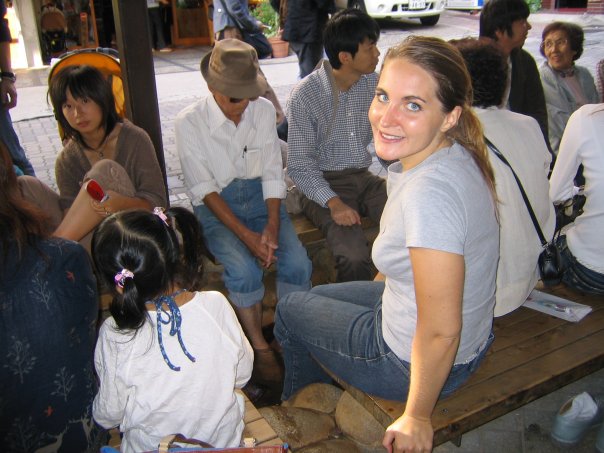
Camilla Nellemann during her second exchange trip to Japan. (Photo: Private)
The raw egg incident is in the opening chapters of Camilla Nellemann’s new autofiction novel, ‘Dansende Biler – Med en dansker på udebane i Japan fra 1998 til 2016’ (Dancing Cars – With a Dane away from home in Japan from 1998 to 2016). The book is inspired by her own embarrassing, curious and frustrating experiences of being accustomed to Japan – its language, culture and traditions – over the course of 18 years, five of which she has spent in Japan.
“After a meeting with three Japanese executives who struggled to understand the Danish culture, I thought to myself that I had to write this book. I want to show what being the odd one out in a different culture is like. Many of the Japanese folks I’ve met say to me: ‘Oh, it’s so easy to be a Dane in Japan, because we are so nice.’ But understanding Japan’s culture is actually really hard work,” she says and continues.
“Being the ‘foreigner’ is tough. Being the one who’s avoided because your language skills are broken and you look different.”
Going back
When Camilla Nellemann returned from her first stay in Japan, she never thought she would revisit the land in the East. She had felt out of place, and the expectations of girls and women she experienced were “special”. But then she met the Ambassador of Japan while working as a language officer in the Danish Defence.
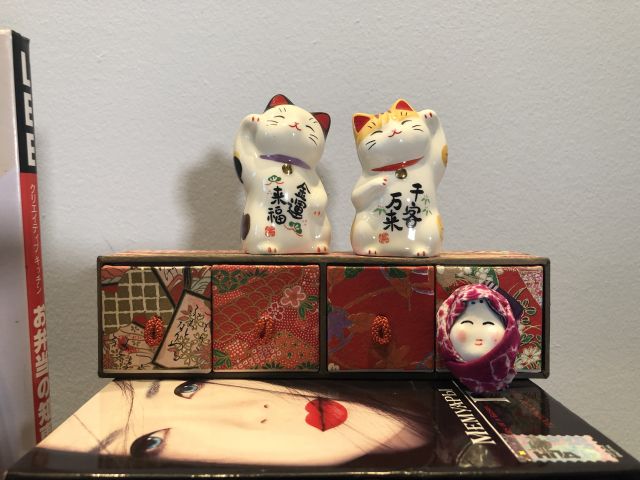
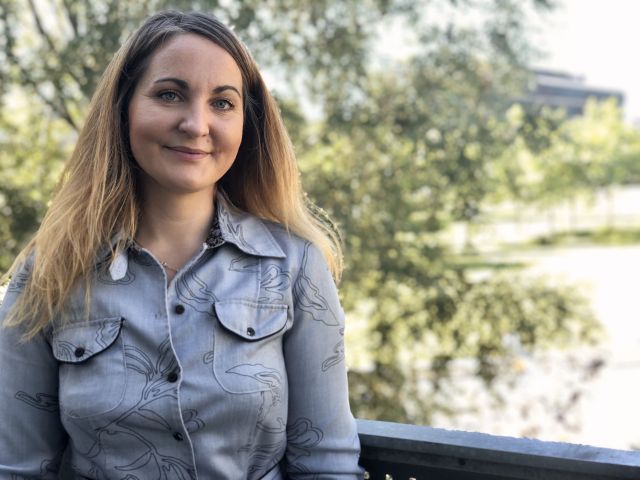
“He came up to me and said hello in Japanese, and I was immediately interested in Japan again,” she says.
”Despite having spent the past two years learning Russian and being on a mission with the Danish Defence in Kyrgyzstan, I decided to enroll in the Asian Studies Program at CBS.”
The second time Camilla Nellemann went to Japan was on an exchange trip while studying at CBS, when she was in her early 20s. By then, she was more skilled at speaking Japanese and knew what she was getting into. Therefore, she had a mission during her exchange trip.
“I wanted to reconcile with the mother of my first host family. I was so sure that there had been a misunderstanding of some sort, and of course we would be able to talk about it. But when I knocked on the door, she wouldn’t open it,” she says.
“As I kept learning about Japan and read theories about culture clashes, I started to accept that maybe it was not something I could fix.”
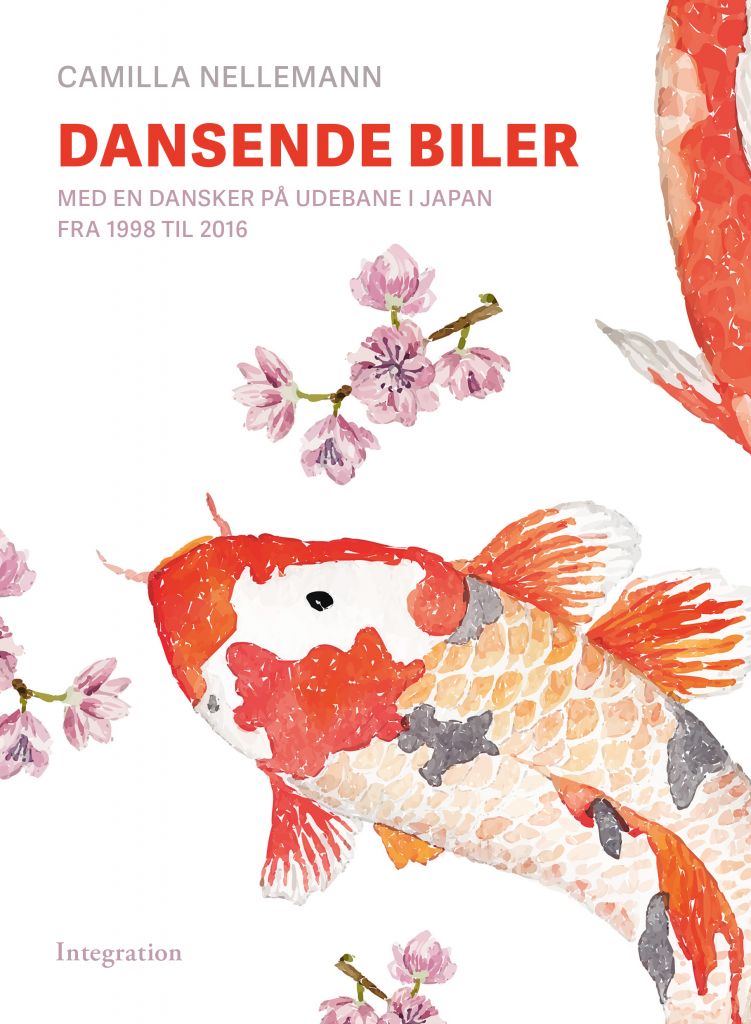
Camilla Nellemann’s novel – Dancing Cars – With a Dane away in Japan from 1998 – 2016 – has been printed in 500 examples and was released on July 30 via her own book company, Integration. (Illustration: Private)
In 2012, Camilla Nellemann graduated with a MSc in Business, Language and Culture from CBS, and shortly afterwards, she left for Japan to write her PhD at the University in Tokyo. Her new book describes many of her experiences from the three years of her PhD, and one episode in particularly stands out.
Camilla Nellemann’s PhD supervisor was a Japanese professor and several times, they found themselves in a cultural clinch. Camilla Nellemann and her Danish values and opinions on the one hand, and the old, recalcitrant professor’s views on the other.
“In Japan, the professor is always wiser than the PhD fellow. The PhD fellow is just supposed to listen and come to heel. When he suggested that I used specific theories for my PhD, I objected. Again and again. We finally found some common ground when I was accepted to present my research at The Academy of International Business in Vancouver. After that, he calmed down,” she says.
“As a Dane, we are so used to talking about and discussing things. We only see that as something positive, but in Japan, you are impertinent if you ask critical questions or indicate towards someone of higher status that there may be another way of doing things. As a foreigner you can legitimate your actions through success, break down the cultural barriers and enable us to understand each other better.”
From tourist to Japanese
Today, Camilla Nellemann feels integrated in the Japanese culture and speaks the language fluently. And she is thankful that she did not turn tail and scurry back home to Denmark after the meeting with the well-meaning Japanese mother. She hopes that everyone who goes abroad for a short or longer period of time will persevere, like she did, and reflect on the weird and frustrating moments they encounter in a new culture and turn those feelings into curiosity.
“If I had gone home back then and had let myself be directed by my values and prejudice, I would never have had the experiences I have had. So, don’t get scared if you drop a cultural brick, this is how you learn the game and get the feeling of being integrated,” she says.
“We expand our horizons when confronted with differences and take the time to reflect. What’s the logic in this, and why do they act like that? This, I believe, can give people greater understanding of the other side, and increase your empathy.”
As a part of releasing the book, which she wrote while working on her Postdoc at CBS, she started her own publishing company called ‘Integration’. She aims to write more books about culture meetings herself and publish other author’s books in the same genre.
“I would love to publish books about intercultural competences, because we will need them more than ever. Refugees are fleeing from wars, political riots and climate change, so if we have a better understanding of what it means to be new in a different country and culture, I think we can learn to be better at meeting foreigners, as well as connecting with other nationalities,” she says.
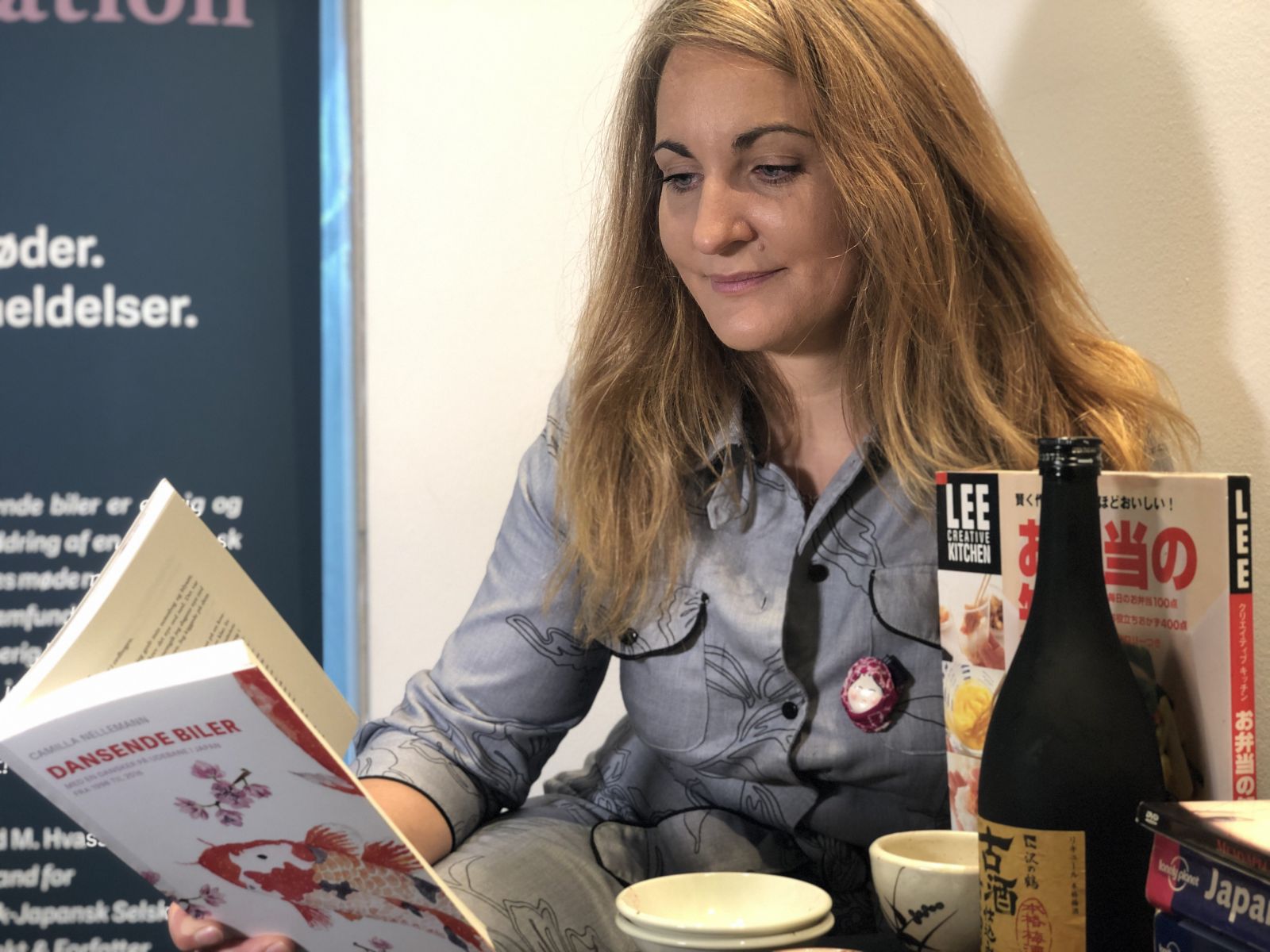



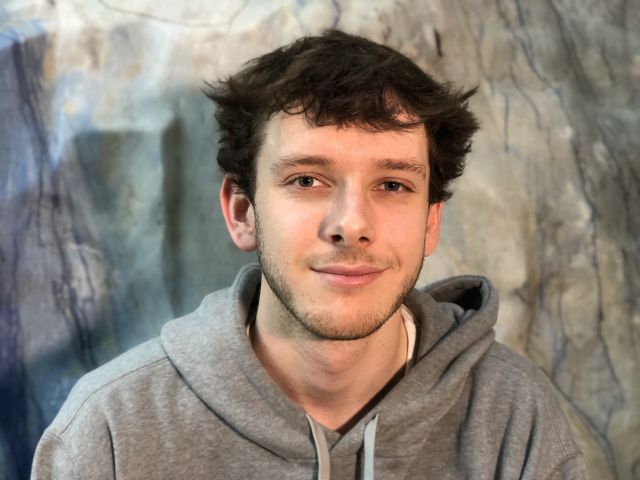
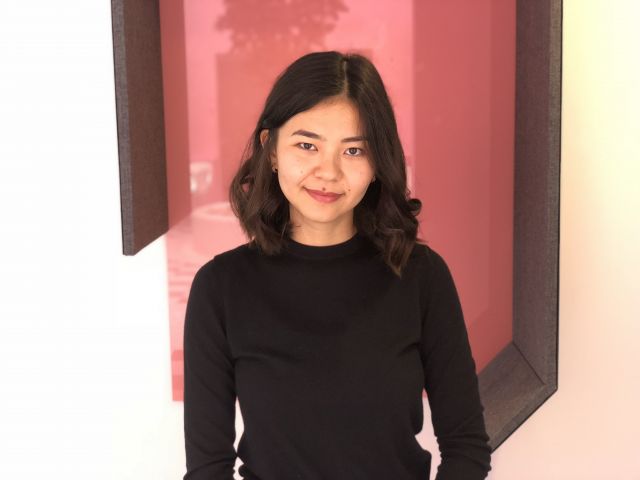
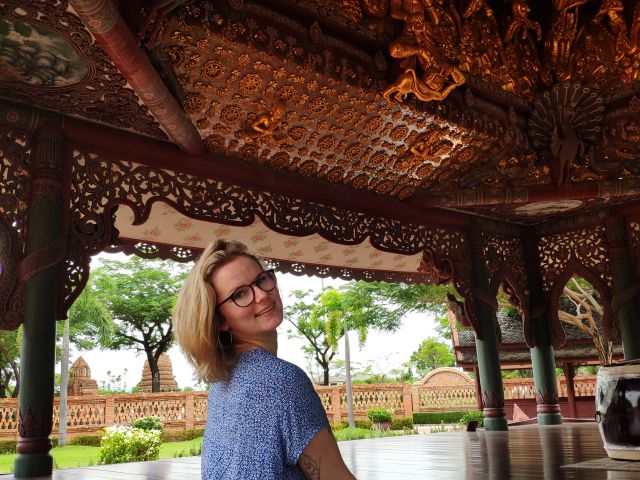
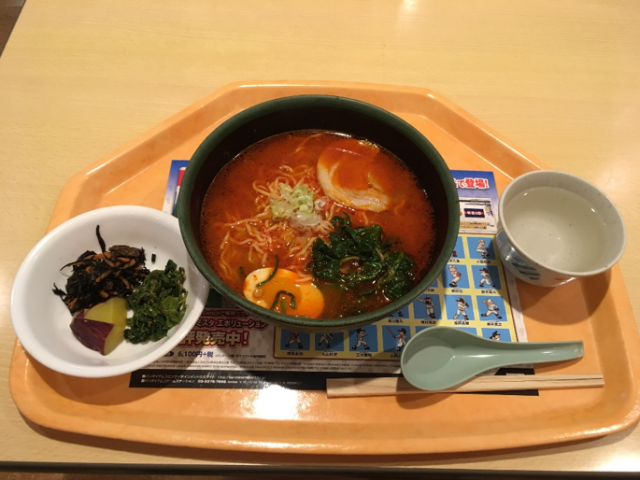
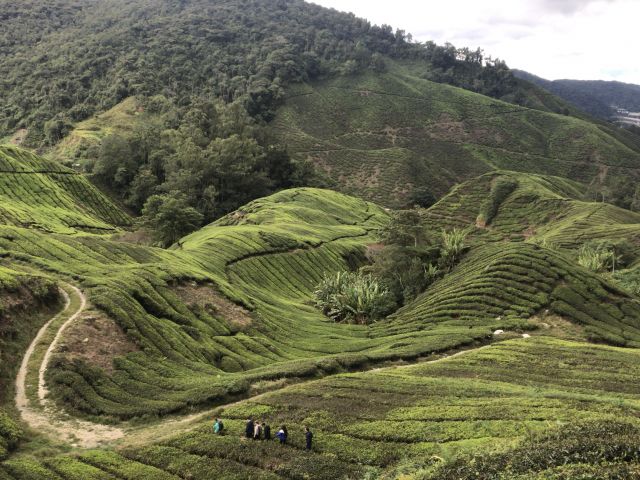
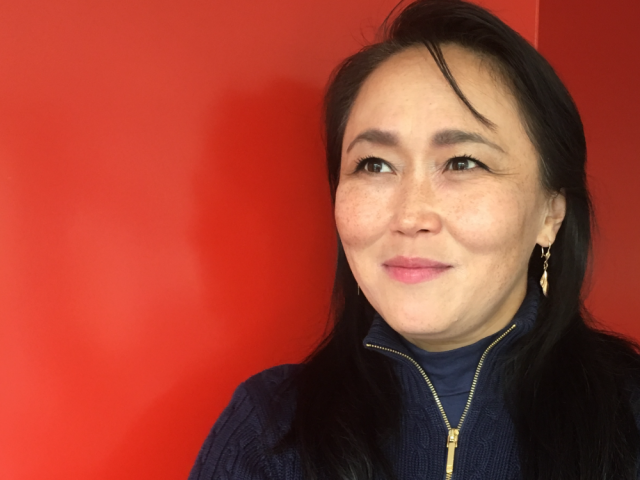

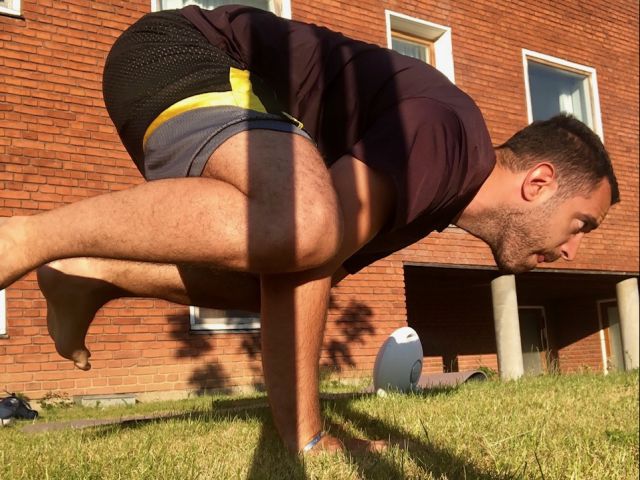




























































































































Comments